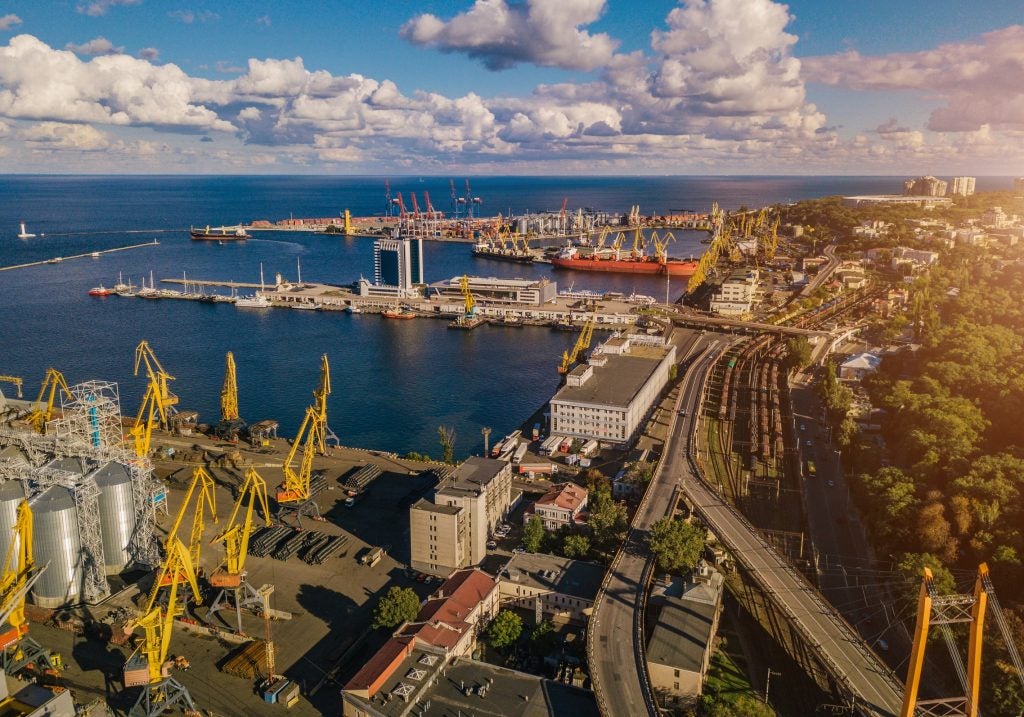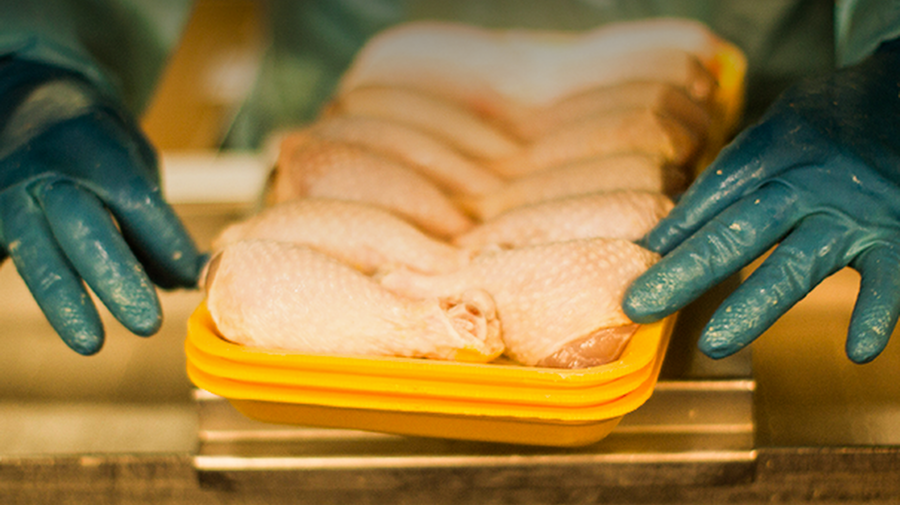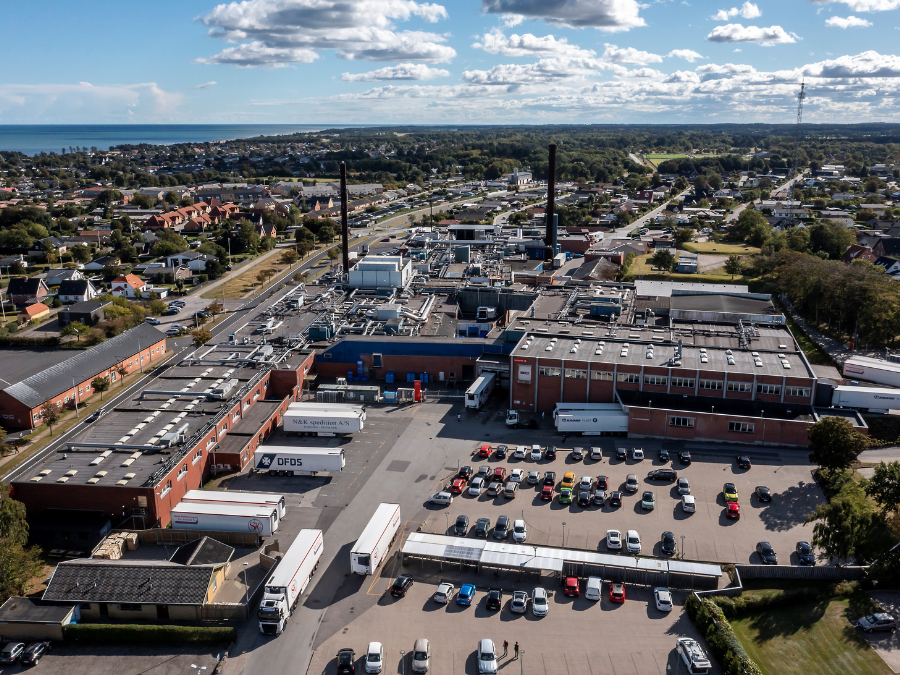The United Nations (UN) has called for an acceleration of shipments of grain from war-torn Ukraine’s Black Sea ports after a drop in volumes.
At a press conference in Kenya, UN Secretary-General Antonio Guterres said yesterday (20 June) he was disappointed by a slowing pace of ship inspections and the exclusion of Pivdennyi port - one of three Ukrainian ports covered by the Black Sea export deal brokered with Russia, which invaded its neighbour in February 2022.
Moscow and Kyiv renewed their deal for Ukraine to export grain through the Black Sea last month.
The agreement, first signed last July amid fears of food shortages in developing markets and pressure on global prices, has been periodically extended but Russia has been accused of not honouring the spirit of the deal by holding up shipments.
Russia has also continually threatened to withdraw from the grain deal unless obstacles to its own food and fertiliser shipments are removed.
Food exports through the maritime humanitarian corridor have dropped significantly from a peak of 4.2m metric tons in October 2022 to 1.3m metric tons in May 2023, the lowest volume since the initiative began last year, a statement attributed to Guterres said.
He has called on the parties to accelerate operations and has urged them to “do their utmost to ensure the continuation of this vital agreement”, which is up for renewal again on 17 July.
“The United Nations is fully committed to supporting the implementation of both the Black Sea Initiative and the Memorandum of Understanding on Russian food and fertiliser exports so that exports of food and fertilisers, including ammonia, from the Russian Federation and Ukraine reach markets around the world safely and predictably,” the statement read.
“This is especially critical now as the new grain harvest begins in both Ukraine and the Russian Federation.”
Last month, Russia began stopping vessels traveling to Pivdennyi port under the Black Sea grain deal until a pipeline for the export of its own ammonia shipments is restarted.
Agreeing the extension to the Black Sea grain deal last month, a spokesperson for the Russian Foreign Ministry said the deal had been extended to help countries in need but added Moscow’s assessment of the agreement “has not changed”.
Ukraine agri-food major MHP Group said last month that moving shipments through the Black Sea remains challenging even with the deal in place.
Anastasiya Sobotyuk, MHP’s director of international communications, told Just Food the operating environment is still “very unstable” under the extension and there is an “enormous number of delays in the Bosporus because of the checks”.















